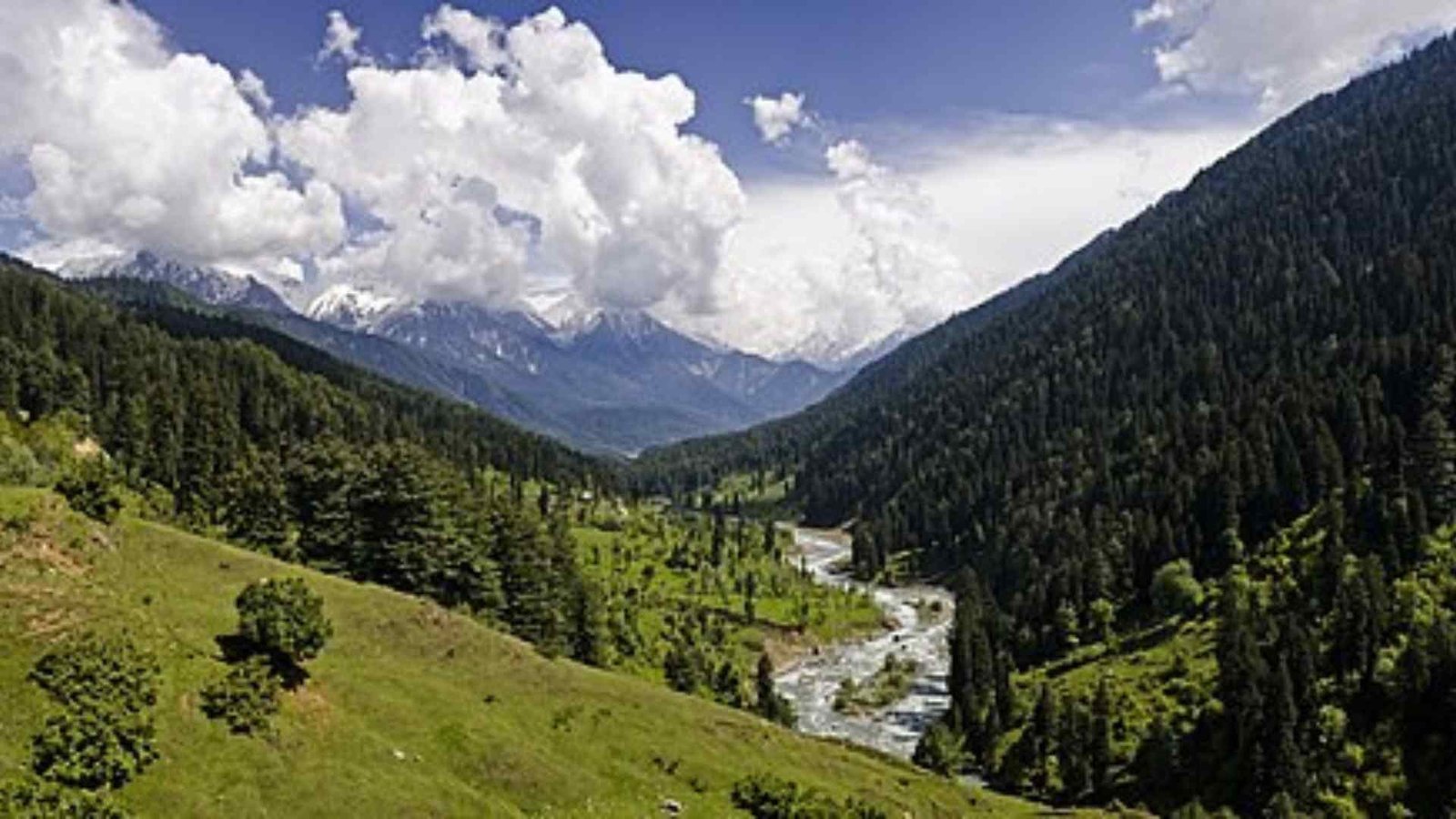Deadly Attack Shocks Tourists A tragic terrorist attack in Pahalgam, Jammu and Kashmir, on April 22, 2025, has left the tourism industry reeling. Gunmen opened fire at three locations in the scenic Baisaran meadow, known as “mini Switzerland,” killing 26 people, mostly tourists, and injuring 17 others. The victims included 25 Indians and one Nepalese national, with one Indian victim identified as a Dubai resident. The Resistance Front (TRF), an offshoot of the Pakistan-based Lashkar-e-Taiba, claimed responsibility for the attack, which targeted holidaymakers enjoying the picturesque valley. This devastating event, one of the deadliest civilian attacks in the region in nearly two decades, has prompted scores of UAE residents to cancel their planned holidays to Kashmir, fearing for their safety. The attack occurred during the peak tourism season, when Pahalgam and other Kashmiri destinations like Gulmarg and Srinagar attract thousands of visitors from across India and abroad, including the UAE. The UAE Ministry of Foreign Affairs issued a strong condemnation of the “heinous” attack, expressing condolences to the Indian government and the families of the victims. The incident caused grief and disrupted the travel plans of many UAE residents who had eagerly anticipated exploring Kashmir’s natural beauty. UAE Residents Rethink Travel Plans The terror attack has sent shockwaves through the UAE’s travel community, with many residents canceling or postponing their Kashmir trips. Travel agents across Dubai, Abu Dhabi, and Sharjah report a surge in cancellations, particularly for bookings scheduled between April and July 2025. Asha Abdulkader, a Dubai resident, had planned a trip with her family of 15 to visit multiple Kashmiri cities, including Pahalgam. “We were so excited to see the meadows and experience the culture,” she said. “But after hearing about the attack, we decided to
Topics
- Artificial Intelligence
- companies
- Construct 360
- E-Commerce industry
- Economy News
- Economy News
- Editor Choice
- Edtech industry
- energy industry
- Entertainment & Leisure
- Entrepreneurs
- Featured
- Fintech
- Funding News
- General News
- Government Policies
- Growth & Strategy
- Health & Wellness
- Healthtech
- industry
- Information & Communication Technology
- Lifestyle
- Management
- Management and Leadership
- Marketing & Branding
- Merger and Acquisition
- Money & Personal Finance
- News
- Oil and Gas
- Real Estate
- Sports and Productivity
- Start-up
- Technology
- Top 10 Listing Article
- Travel
- Women
More
Popular Categories




